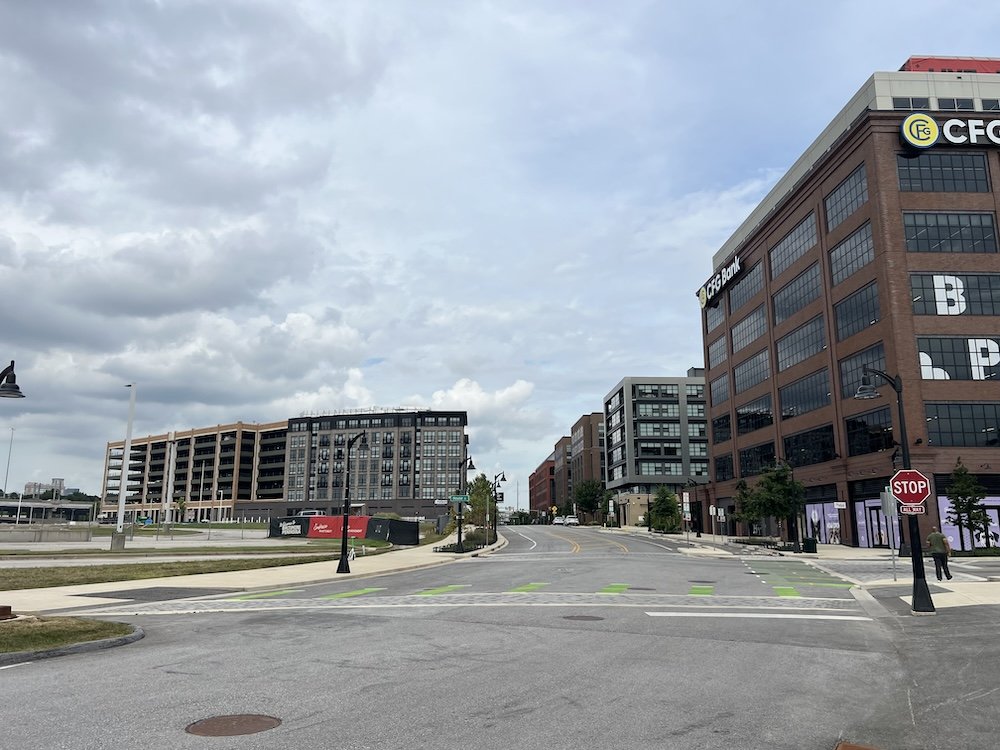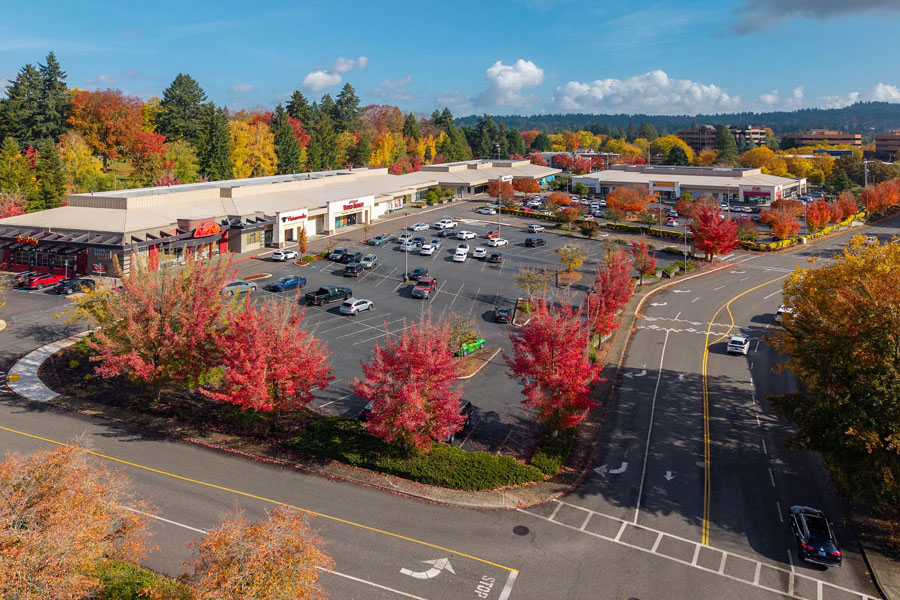D
espite the growing role of technology in real estate, open houses are more crucial than ever for potential buyers after the NAR settlement, says veteran broker Phil Faranda. The direction of your business depends on daily decisions, and Agents Decoded can help by sharing the perspectives of seasoned pros who have navigated success and failure.
It may seem counterintuitive that open houses will grow in popularity in this digital age, but several factors suggest otherwise. Consumers still need to see a home in person before making a purchase decision, which is not like buying online. They typically tour a home two or more times before committing to a purchase. While online marketing is effective for advertising listings, its primary goal is to schedule showings, not make sales.
The value of open houses lies in their ability to accommodate higher demand and provide an efficient way for buyers to explore properties without committing to an agent. In the past, brokerages often de-emphasized open houses during slow markets, but when demand increased, they became a more effective way to showcase properties. The NAR settlement has changed the landscape, making open houses the last bastion for consumers to tour homes without signing an agency agreement.
Open houses now serve as a casual way for buyers to explore options and get a feel for properties before committing to an agent. Many people are hesitant to hire an exclusive buyer agent, especially in the early stages of their home search. The NAR settlement has made it more challenging for buyers to remain uncommitted, as they must sign agency disclosures and agreements before viewing properties.
As a result, open houses have become essential for meeting this new need. Even when the market cools off, open houses will likely continue to grow in popularity because they fill a gap that didn't exist before the NAR settlement. The wise agent should focus on becoming an open house specialist, as these events require more than just a single agent with a clipboard and sign-in sheet.
A well-executed open house involves multiple agents working together to manage foot traffic, offer free pre-qualifications, and provide a seamless experience for consumers. As buyers become accustomed to providing personal information onsite, they are willing to do so in exchange for the opportunity to tour properties without committing to an agent.













